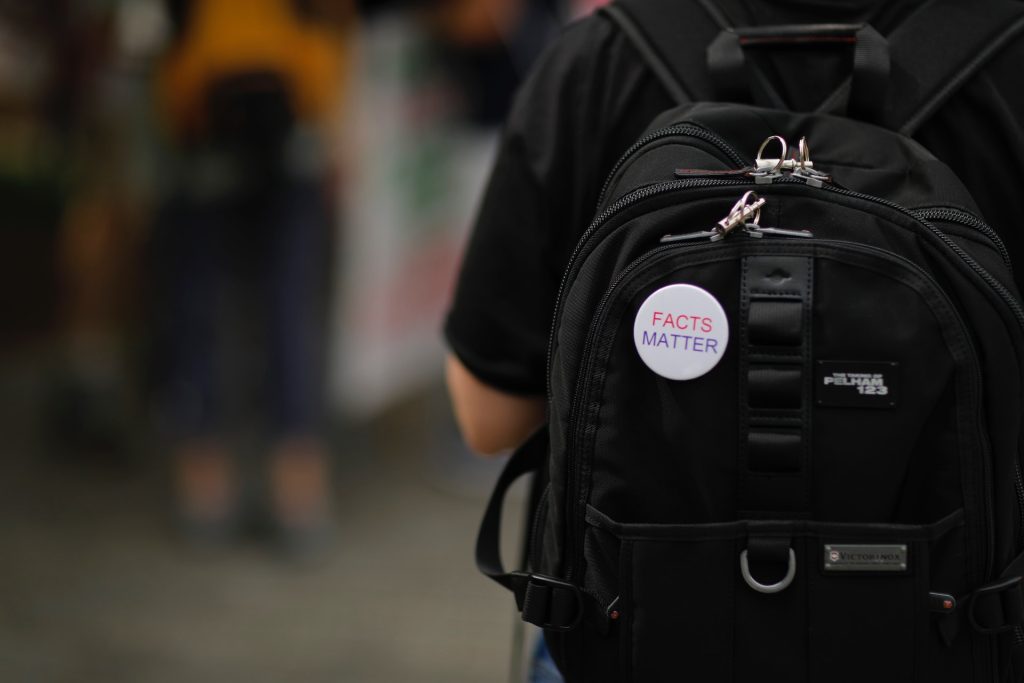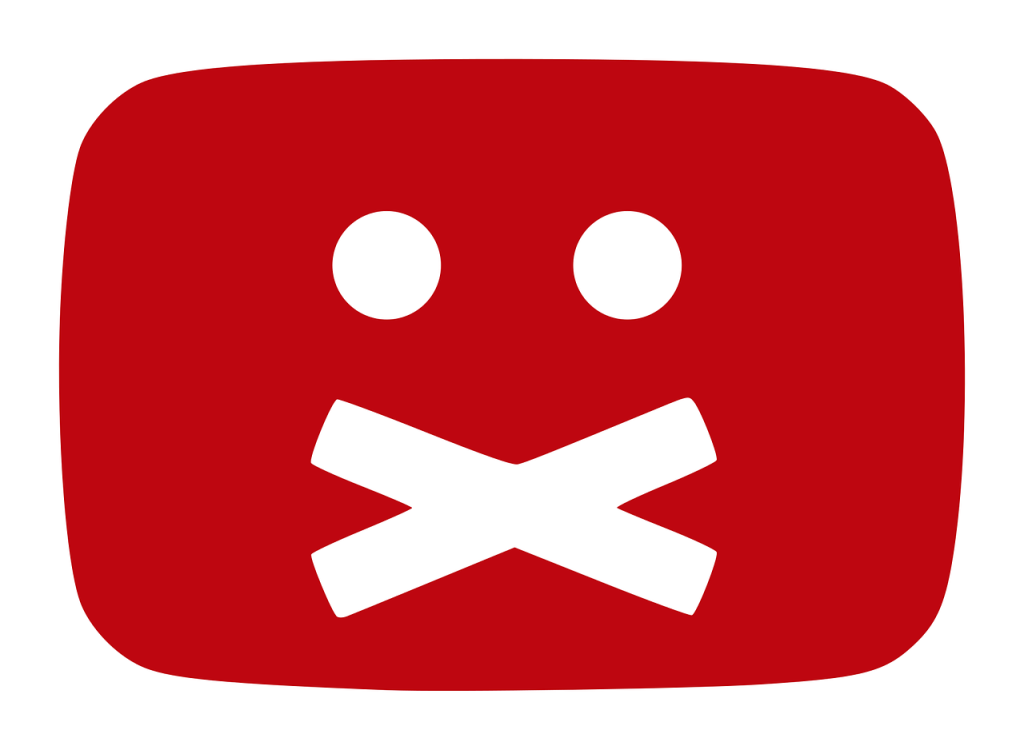The internet has become a vital part of people’s day-to-day lives, with millions of Americans using technology for everything from communicating with loved ones to conducting business and researching information. It also provides computer access to educational and informational resources.
About 90 percent of Americans considered the internet an essential part of their lives after the pandemic started. Many embraced videoconferencing technology to stay connected with their loved ones in the middle of the pandemic.
Internet access also allowed people to stay mentally healthy during the pandemic. They were able to cope with the lockdowns and restrictions through several popular internet memes that allowed them to see the bright side of their situation.
A study showed that internet memes provided individuals with a way to cope with the situation and relieve anxiety. These memes are just one example of how the internet changed during this pandemic and how it affected Americans daily.
Challenges Posed by Internet Use

However, despite all how technology has enriched people’s lives, it also poses some challenges. The pandemic also highlighted some difficulties that can arise when relying on online tools, particularly in access to accurate and verified information.
With millions of Americans relying on the internet, misinformation can quickly spread and hurt individuals and society. This is why it’s crucial to fact-check sources of information you find online.
Fact-checking is essential to get accurate sources of information, but it’s also crucial to protect the freedom of speech. If a website or app is taken down, it can limit Americans’ ability to express themselves.
Telecommunications Act of 1996
The Telecommunications Act of 1996 is a landmark bill that aims to protect online speech while encouraging competition in the telecommunications market. It was the first significant overhaul of the U.S. telecommunications law in over six decades. Although it aimed to ensure access to communication services, the government still had to protect users from the spread of harmful content online.
The Telecommunications Act of 1996 included Title V or the Communications Decency Act (CDA) to address these concerns. This portion of the bill aimed to prevent offensive material from reaching users.
Communications Decency Act
The Communications Decency Act was immediately met with harsh criticism from both sides of the political spectrum, with some calling it an attack on freedom of speech and others saying it was necessary for protecting society.
The CDA sought to protect minors from accessing indecent or patently offensive material on the internet. It also made it a criminal offense to knowingly transmit inappropriate or obscene messages to recipients under the age of 18 years. It banned the knowing display of materials considered patently offensive in a manner available to minors.
The CDA has been controversial since its inception, with many arguing that it impinges on free speech and places an undue burden on content providers. Critics have argued that the broad definition of indecent or patently offensive material makes it challenging to comply with the law while providing high-quality content.
Despite these concerns, others argue that the CDA is necessary for protecting minors from exposure to inappropriate material on the internet. Many support the CDA for its ability to curb cyberbullying and other online behaviors that negatively impact youth.
CDA Declared Unconstitutionally Overbroad
However, the U.S. Supreme Court struck down this part of the Telecommunications Act in 1997, arguing that it was overly broad and infringed on the right to freedom of speech. It ruled that the CDA was unconstitutionally overbroad since it violated the First Amendment.
The court’s decision made it clear that internet services cannot be held responsible for user content. But, this ruling did not mean that providers are entirely exempt from being held liable if their products hurt others.
CDA Today
Although the Supreme Court struck down the Communications Decency Act, it still provides essential protections to internet users. As more and more people rely on technology for everything from communicating to shopping and researching information, it’s critical to protect the rights of all consumers.
Section 230 of this act is particularly significant in ensuring internet freedom and protecting online entrepreneurs from liability for content created by their users.
What is Section 230?

Section 230 protects internet web users and hosts from legal liability for third-party content. The section states that interactive computer service providers or users are not considered speakers or publishers of information provided by a third party. The section’s protection is not limited to traditional internet services since it treats different entities as interactive computer services. It provides a safe harbor for an interactive computer service while preventing online censorship of user-generated content.
Web hosts cannot be held legally responsible for content posted by their users. But the liability protections also allow a service provider to restrict or edit third-party content voluntarily, even if the third-party material is constitutionally protected.
The law aimed to encourage the growth of internet-based content without the threat of excessive legal action. Today, it is an essential protection for tech companies and users. Section 230 was created in response to concerns about the potential impact on free speech and public participation if internet service providers were held liable for third-party content.
But the recent spread of disinformation and misinformation and the use of the internet to restrict access have raised questions about whether changes should be made to Section 230.
Those in favor of changing the law argue that social media platforms and search engines, like Facebook and Google, act as publishers, not technological intermediaries, when they decide what content is and is not acceptable for their users. Others believe it would cause online service providers to over-censor freely shared information.
Benefits of Section 230
Section 230 protects information service providers against civil liability for the actions of their users. These actions include comments on a blog, photos posted on a social media platform, and reviews written for an online review site.
The section is instrumental in the context of online platforms, such as social networks, e-commerce websites, and web forums. Section 230 has allowed these types of services to thrive on the internet by providing immunity from civil liability under these circumstances.
However, it is essential to note that this immunity does not extend to actions committed with criminal intent.
One of the critical benefits of Section 230 is that it encourages free speech and open discussion online. Providing online platforms with legal protection from user-generated content allows these services to operate without fear of excessive lawsuits or regulatory interference. Such protections help ensure that new ideas and opinions can be shared freely, without fear of online censorship or reprisals.
Potential drawbacks of Section 230?
Some critics argue that Section 230 has allowed social media platforms and internet services to become unregulated publishers rather than neutral technological intermediaries. This situation has led to the spread of disinformation and propaganda on these platforms and increased censorship and restrictions on free speech.
Additionally, some have raised concerns that Section 230 provides too much legal protection for online service providers, allowing them to avoid liability for the harmful content produced by their users. This can make it difficult for online abuse or harassment victims to seek justice and hold these companies accountable for the actions of their users.
As such, there have been calls to reform or repeal Section 230 to protect public discourse better and ensure online platform integrity.
Exceptions to Section 230
At the same time, however, Section 230 also has its limitations. For example, it does not protect providers against criminal liability for user-generated content that involves a clear violation of the law or inciting illegal activities.
Additionally, the lack of legal oversight over online content opens the question of how to deal with fraudulent or false information being shared online.
Prohibited Third-Party Content

Even though Section 230 protects online services and users from certain types of liability, there are still limits to what internet services can do. For example, Section 230 does not protect against third-party content.
The section does not remove liability from internet companies for prohibited third-party content on their sites. Prohibited third-party content can include anything from prostitution to sexual exploitation of children, obscenity, or unauthorized access to intellectual property.
Section 230 also has no effect on any state or federal law about sex trafficking. This means that even though the law provides protections for Internet services and users, it does not limit the ability of victims of sex trafficking to bring civil suits or criminal prosecutions against third-party content.
The Stop Enabling Sex Traffickers Act or SESTA and the Allow States and Victims to Fight Online Sex Trafficking Act or FOSTA are two bills that clarified existing federal laws against sex trafficking. It removed safe harbors under Section 230 to allow the prosecution of online services that assist, support, or facilitate sex trafficking.
Although the SESTA and FOSTA amendments have raised questions about Section 230’s effect on free speech and freedom of expression online, it remains an important legal protection for Internet service providers looking to encourage innovation, creativity, and sharing of new ideas.
While Section 230 protects online providers from certain forms of liability, certain types of prohibited third-party content may still be actionable and subject to criminal prosecution. Therefore, Internet users and providers must know their rights and responsibilities when using online platforms.
Intellectual Property Law
Another exception to the liability protections of Section 230 is intellectual property law. This exception allows suits for copyright and trademark infringement, among others. To determine whether this exception applies, courts will examine the type of law used and whether the plaintiff’s claim involves intellectual property rights.
Overall, Section 230 offers broad liability protections to online platforms, allowing them to host content without liability concerns.
Social Media Platforms and Free Speech
The impact of social media on daily life is undeniable. Social media platforms now offer a space for public discourse and individual expression, allowing people to share their thoughts and opinions and connect with friends and relatives worldwide.
And Section 230 has a significant effect on social media networking sites and their users. It is a controversial legislation shaping how social media networks operate regarding free speech. Often referred to as the internet’s immunity law, Section 230 protects these platforms from liability for content posted by their users, allowing them to grow and flourish into influential social media networking sites today.
However, as social media has become more widely used, Section 230 has come under increased scrutiny by critics who argue that it allows these platforms to be exploited by harmful political speech. Some policymakers have even called for taking away this immunity to prevent the spread of hate speech, disinformation, and racism in social media.
If Section 230 did not exist, social media sites would have to monitor and censor everything posted by their users. It would be impossible for these sites to moderate content, as billions of posts are made daily on these sites. This is why Section 230 protects these platforms – it allows them to focus on developing new features while still allowing free speech among their users.
Section 230 has been at the center of several high-profile debates regarding free speech and social media. Some critics believe this immunity gives social media sites too much power to spread hate speech and disinformation. At the same time, defenders argue that it allows these platforms to flourish without censoring their users. Despite the ongoing debate and calls for reform, Section 230 is still an essential piece of legislation that provides legal protections for free internet speech.
Updates on Section 230
The U.S. Supreme Court will hear a case that centers on this question: should online service providers be held responsible for user-generated content related to terrorism? This case will allow the highest court in the US to review a law that protects most internet platforms from liability over what users post.
Section 230, introduced over two decades ago, is intended to encourage innovation and freedom of expression. But it has also been criticized as a burden on free speech and a shield for big tech companies.
Some say Section 230 gives too much leeway to websites knowingly allowing dangerous material to be posted, such as extremist ideologies and terrorist recruiting efforts.
This case will allow the court to review this long-standing law at a time when the US government is wrestling with how to deal with online extremism. And as platforms like Google and Facebook try to balance their commitment to free speech while policing harmful content, there could also be repercussions for users.
Section 230 of the Communications Decency Act is a crucial piece of legislation that has shaped the social media landscape as we know it. This exception to intellectual property law allows online platforms to host content without liability concerns and has been at the center of several high-profile debates regarding free speech and censorship. It remains a vital part of U.S. law despite calls for reform.



